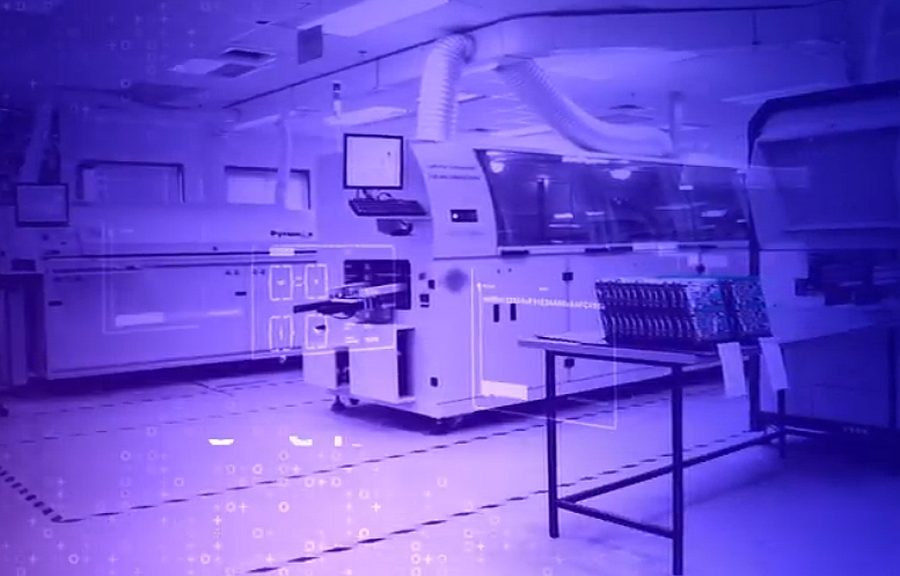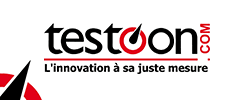- NI (formerly National Instruments) finalized in July 2020 the acquisition of OptimalPlus, an Israeli company specializing in data analysis software for the semiconductor, automotive and electronics industries. Its subsidiary has just joined the Open Manufacturing Platform (OMP), a consortium including BMW, Microsoft, ZF, Bosch, ABInBev, Faurecia and Capgemini.
The Open Manufacturing Platform (OMP) was founded in 2009 by Microsoft and the BMW Group to help manufacturing companies accelerate large-scale innovation through cross-industry collaboration, knowledge and data sharing, and access to new technologies such as artificial intelligence and advanced analysis tools. The goal is to help manufacturers leverage advanced technologies to improve operational efficiency and productivity. In this context, OptimalPlus, a subsidiary of NI, brings to OMP its expertise in the field of automotive manufacturing processes and will provide manufacturers with relevant information and adaptive methods thanks to its software platform for analyzing large volumes of data.
The OMP, which brings together manufacturers, system integrators, software vendors and other contributors, aims to stimulate innovation in the manufacturing sector by relying on open platforms and standards to foster creativity by removing technological barriers. The consortium is particularly interested in the creation of a “reference architecture for manufacturing” for the collection, management and analysis of data via Cloud computing platforms. This framework will provide a standard and open means of facilitating device connectivity for IoT applications. It will define a semantic layer that unifies data from disparate sources. The ultimate goal is to be able to create a large open ecosystem that promotes and accelerates the adoption of manufacturing technologies that enable the factories of the future to become more flexible, scalable and intelligent.
Standardization of data formats will enable the deployment of big data analysis and Machine Learning applications, enabling exchange between different types of machines and processes. Machine Learning tools rely on artificial intelligence-based computer processing to allow computers to learn without being explicitly programmed to do so. Artificial intelligence, or AI, is based on various algorithmic techniques that simulate human cognitive processes: Deep-learning, neural networks, etc.






